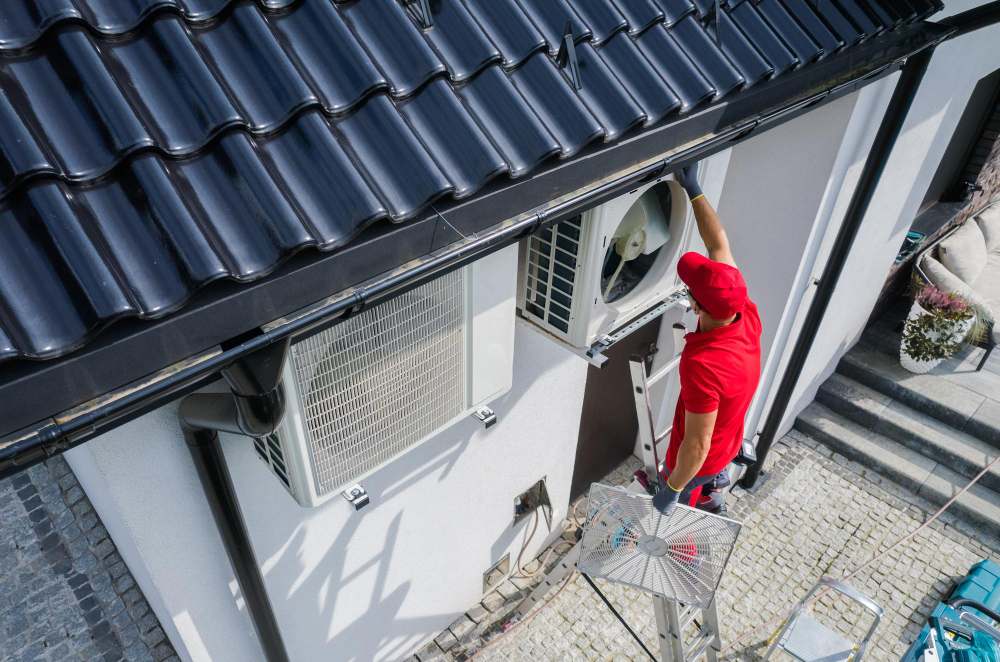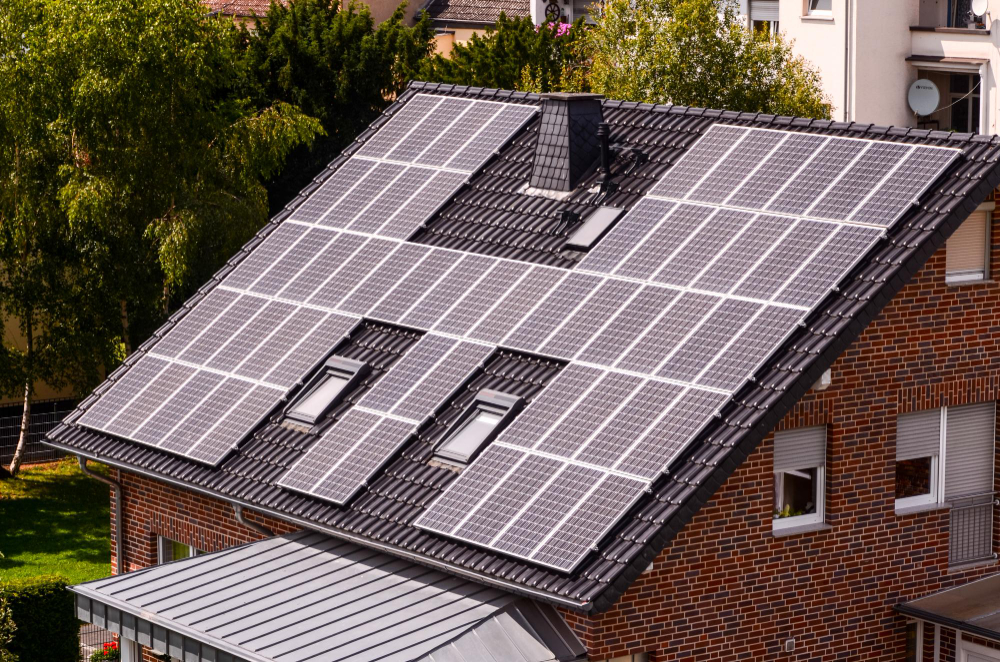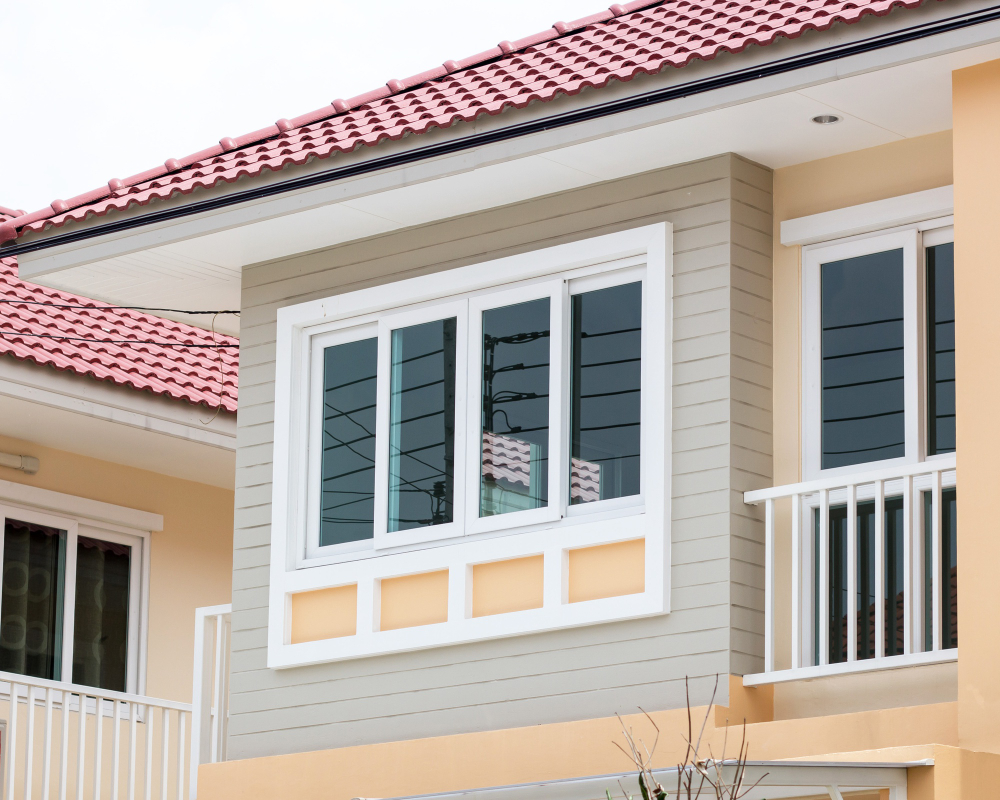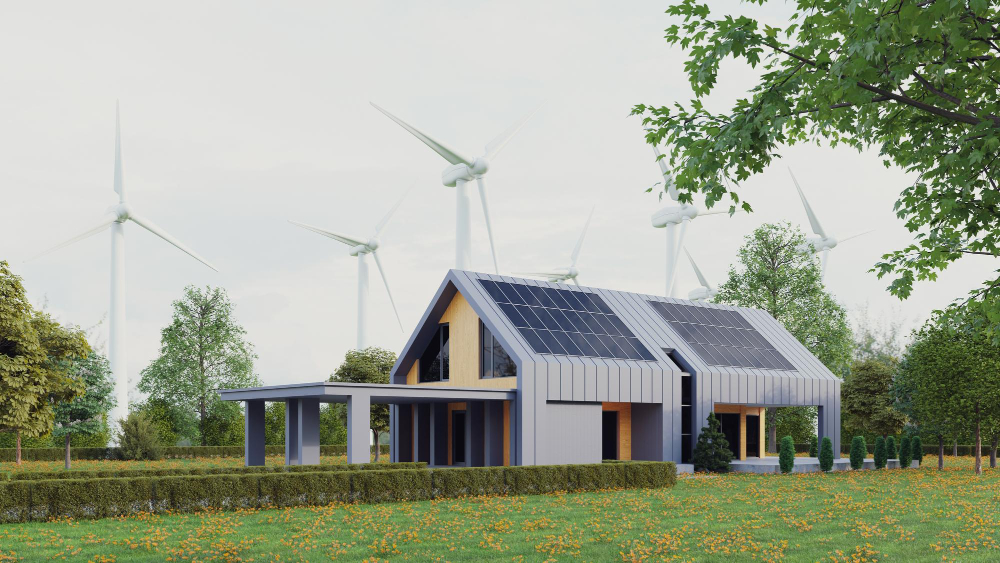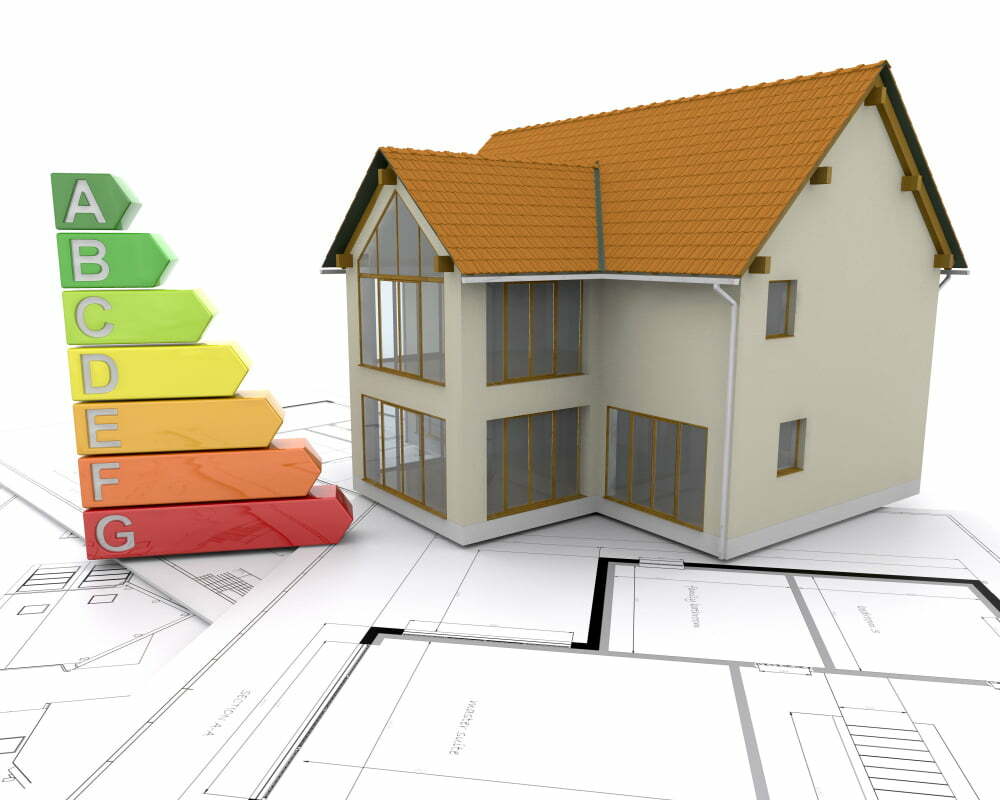Last updated on
Recycling paper, turning off electronics, conserving water—these are just some of the things you can do to save the environment. Usually, it’s easy to follow an eco-friendly lifestyle, but there are situations where you’ll found yourself wondering whether what you’re doing is eco-friendly or not.
One particular example is when you’re deciding on an HVAC (heating, ventilation, and air conditioning) solution. You know you can’t let go of the idea altogether, but you also know that HVAC systems often produce byproducts that are generally harmful to the environment.
In such cases, it’s important to remember that installing an HVAC system doesn’t necessarily mean you’re harming the environment. While you can’t completely erase carbon emissions from HVAC equipment, what you can do is minimize them. On that note, this guide will talk about six compromises you can make when installing an HVAC system in your eco-friendly home:
Choose a Suitable Size

Energy efficiency is perhaps the most important element of an eco-friendly home. If your house is producing less energy than it usually does, then you’re doing a lot for the environment. So, for your first task, you must ensure that your HVAC system is energy-efficient. Alas, HVAC equipment is often energy-hungry. Air conditioners, in particular, consume a lot of energy, from 5,000 watts to 10,000 watts per day, depending on the configurations.
You can, however, minimize the energy consumption of your HVAC system by choosing equipment that is of the perfect size for the house. Not too large, but not too small either. This is because if it’s too large, it would obviously consume more energy. But if it’s too small, the machine would work harder to cover the entire house—leading to higher energy consumption as well. So, you might want to be a bit picky when choosing components that would make up your HVAC system.
Invest on a New HVAC System
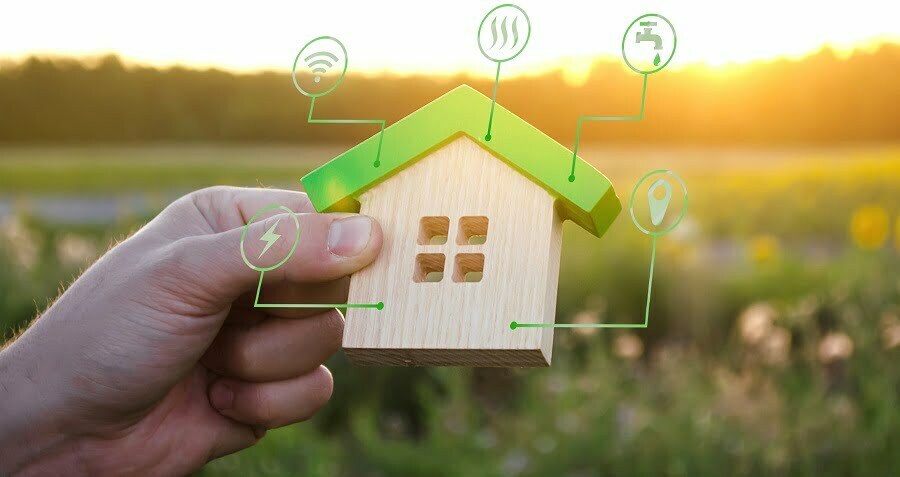
Apart from the size, another factor that may affect an HVAC system’s energy efficiency is its age. The older the system, the less efficient it becomes. If you’re still using your old HVAC system, it might be best if you do a major overhaul of the system altogether. This is especially true if your energy bills are higher than usual.
It’s also a good idea to inspect other parts of the house that might have something to do with the HVAC system, such as the furnace. For that, you might want to look into furnace inspection.
Professionals offering HVAC services can provide expert advice on the condition of your current system and recommend the most suitable replacement options. By investing in a new HVAC system, you not only improve energy efficiency but also reduce the environmental impact of your home’s heating and cooling operations.
Look into New HVAC Innovations
Although it was stated earlier that you couldn’t completely erase carbon emissions from HVAC systems, that may not be the case for long. That’s because the tech industry is introducing a new HVAC technology that relies not on fossil fuel, but other types of energy. These include thermal energy storage units, solar thermal systems, and heat pump facilities.
While they’re still under development and are not as effective as their predecessor, they’re still worth considering. If you’re interested, consider looking into geothermal HVAC units—the most recent HVAC innovation that’s already available in the market.
Consider Getting Programmable Thermostats
Most homeowners leave their HVAC system open all day. That way, the optimal temperature is maintained throughout the entire day. Unfortunately, this habit is extremely wasteful, especially since the temperature within a day isn’t constant. There are times when it would be hotter, and there are times when it would be colder.
In both cases, you’ll be wasting energy since there may not be a need for heating or cooling, depending on the average temperature of the day. That’s where programmable thermostats come in.
Programmable thermostats are just like regular thermostats. However, they do a better job in detecting temperature changes, and they can be programmed to adjust their settings depending on how cold or hot the day is. By having a programmable thermostat, you can greatly reduce the energy consumption of your HVAC system, making your home a lot eco-friendlier than it originally was.
Place Fans Throughout the House
It’s a common misconception that fans only serve as a means for cooling, but that’s not the case. To be precise, fans—be it ceiling fans or floor fans—are used to circulate air around a room or a building. You can think of it as electronics that amplify the effects of an HVAC system. Since fans are generally eco-friendly, it’s the perfect solution if you want to improve the efficiency of your HVAC system. Simply place a few of them throughout the house, maybe around three to four, and you should be able to notice the effects eventually.
Install Air Vent Covers
People often think energy efficiency is the only important aspect of an HVAC system, but that is not the entire truth. Water consumption is also a huge part of it. In fact, HVAC systems account for a huge portion of a building’s water consumption. This is because these systems use water as a medium to transmute heat. That’s why you might have noticed leaks in your HVAC equipment, especially if the machine is overworking itself.
Since saving water is also one of the core principles of an eco-friendly and sustainable home, you must also take steps to ensure that your HVAC system consumes less water. To do that, you must manage the airflow inside your house. Placing fans is one of the ways to accomplish this, but if you want a more effective solution, you can install air vent covers instead.
Air vent covers protect your HVAC system from unwanted debris that may clog the vents. With these covers, the airflow would travel a lot smoother, which means there won’t be a need for the machine to overwork itself, therefore minimizing water consumption.
The Takeaway
An eco-friendly home must be water-efficient, energy-efficient, and produces little to no carbon emission. While it’s true that installing an HVAC system might mean going against those principles, that doesn’t mean you can’t do anything to still maintain a sustainable and environmentally-friendly lifestyle. This guide should be enough to prove that there are ways to install an HVAC system without compromising your commitment to an eco-friendly home.
Related reading:
Table of Contents
